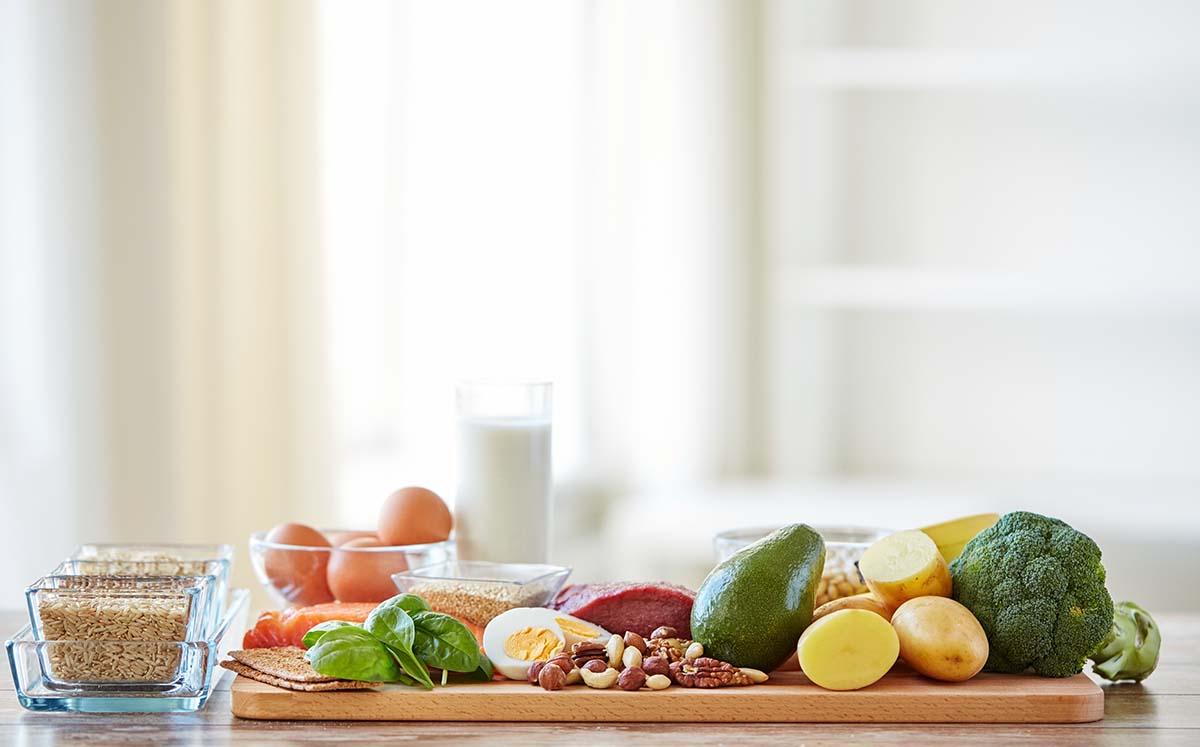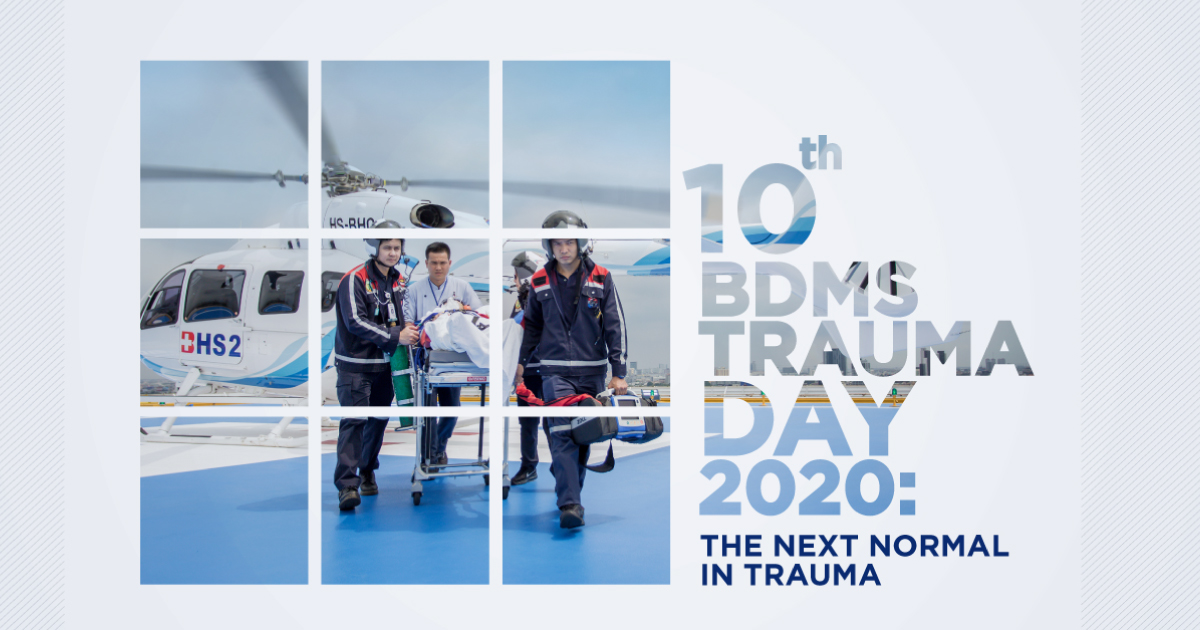The role of nutrition in recovery phase
Catabolism is the set of metabolic pathways that breaks down complex molecules into smaller units that release energy for the body to consume. Critical illness largely disrupts the catabolic pathways, potentially leading to life-threatening conditions induced by sepsis, severe trauma, burn or other types of tissue injury. The main catabolic response to critical illness is characterized by whole-body protein loss, mainly reflecting increased breakdown of muscle proteins and loss of lean body mass. A number of medical studies have indicated that severe burns result in a sustained inflammatory hypercatabolic response and patients usually lose their muscle mass up to 1 kg. per day. In other critical conditions, besides burns, patients experience a significant muscle loss in the first 7-10 days after injuries. An increased muscle breakdown leads to muscle weakness, fatigue, trouble moving arms and legs and breathing difficulties caused by impaired respiratory muscles. As a result, patient’s quality of life is significantly diminished. Timely and adequate nutrition support plays a major role in preventing muscle loss and improving overall outcomes while enhancing a full recovery process.
After receiving treatments in an intensive care unit, patients require an increased amount of energy and protein to optimize the muscle functions and prevent further muscle loss. Clinical studies have pointed out that energy required during recovery phase is approximately 1.7 times higher than the resting period. Recently, the nutritional guidelines or advices in nutrition support during recovery phase after critical illness are inconclusive. However, as suggested by The Minnesota Starvation Study, daily requirement of energy is ranged 3,000 – 4,500 kcal and daily requirement of protein is 1.5 -2.5 g/kg. of body weight (after starvation in healthy candidates). In order to preserve and strengthen muscle mass, during recovery period patients should be able to regularly consume their energy and protein-enriched diets up to several months or years.

The needs of energy, protein and nutrients for patients during recovery period
Energy
Extreme catabolism and immobility in critically ill patients contribute to the loss of total body protein and body weight. Patients usually fail to regain weight immediately after being discharged from intensive care. Common causes often involve a decreased appetite, nausea or vomiting and constipation induced by certain medications. It is important to ensure that patients receive adequate energy for building up their muscles and increasing body weight during recovering period.
It was reported that after removing ventilators, critically ill patients could only take 700 kcal per day which is less than 50 percent of the total body needs. Due to certain diseases or compromised conditions, large numbers of patients might not be able to take solid foods, leading to inadequate energy supply. Nutrient-fortified meal replacement drinks are alternatives for these patients. Available on shelf, these supplementary products have been medically formulated with sufficient amount of nutrients, vitamins and minerals, equivalent to regular diets. A variety of meal replacement products e.g. Neo-Mune®, Glucerna® and Boost Optimum® can be chosen for patients with limited oral intake.
Protein
To meet basic nutritional requirements, the recommended daily amount for protein is 0.8 – 1.0 grams of protein per kilogram of body weight. However, recovering from critical injuries e.g. burns requires more calories and protein for facilitating would healing process and boosting up immune functions as well as accelerating muscle formation and bone healing rates. To recover after injuries, clinical guidelines suggest a daily intake of 1.5 – 2.5 grams of protein per kilogram of body weight. For instance, a 60-kg patient requires 90 – 150 grams of protein per day which is equivalent to the consumption of protein sources e.g. meat, fish and egg 25-40 tablespoons per day. In patients experiencing a decreased appetite, it is recommended to gradually take small portions of protein for each main meal and snacking. Protein-enriched diets are steamed fish, egg, baked chicken and yoghurt. For vegetarians or vegans, a large amount of protein can be derived from soybean. Nowadays, almond milk is a nutritious, low-calorie drink that becomes very popular. Nonetheless, it contains less protein compared to cow’s milk or soy milk.
Vitamin C and Zinc
Vitamin C plays a critical role in collagen formation. Studies have revealed that after burn there is an increased daily requirement of vitamin C which helps in dermal collagen synthesis and wound healing process. Sources containing high amount of vitamin C are citrus fruits e.g. strawberry and kiwi, baked potatoes, broccoli and bell pepper.
Zinc is an essential micronutrient that regulates all processes in wound healing mechanism, ranging from membrane repair, oxidative stress, inflammation to fibrosis and scar formation. Foods high in zinc are meat, fish, duck meat, chicken meat, milk and dairy products. Zinc can be also found in whole grains, dried nuts, hard-shelled nuts and grains.
Vitamin D and Calcium
Vitamin D and calcium are crucial elements for promoting bone . Calcium helps build and maintain bone formation, while vitamin D optimizes intestinal calcium and phosphorus absorption for proper formation of the bone. Patients with fractures must be ensured that they receive adequate amount of vitamin D and calcium for bone healing process. Main sources of calcium are milk, yoghurt and calcium-fortified soy milk. Two glasses of semi-skimmed milk or skimmed milk provide sufficient calcium that the body needs daily.
In addition to calcium, vitamin D is also necessary for bone strengthening. Without vitamin D, the bodies cannot effectively absorb calcium. Vitamin D can be obtained from the sunlight. Foods containing high vitamin D include milk and cod liver oil. Some types of yoghurt are fortified with vitamin D and nutritional facts can be noticed on the nutritional labels.
Fibers
After critical injury or surgery, patients are often prescribed pain medications. Constipation is a common side effect of pain medicines. This occurs more often if opioid drugs are used (opioid-induced constipation). Taking sufficient fibers and drinking enough water greatly help to alleviate constipation. However, certain types of laxative drugs might be additionally required if patients experience severe constipation. Sources of fibers are whole grains, fruits, vegetables, beans and grains. The recommended amount per day is 3-5 portions (a portion of fruits is equivalent to 1 banana, 1 orange and 6-8 small pieces of ripe papaya). Daily amount of 4 to 6 cups of vegetables per day as part of a healthy eating pattern should be maintained. Prunes and prune juice are natural laxative agents that help preventing constipation (sufficient water intake must be also taken).
Adequate hydration
Dehydration can substantially lead to severe complications, such as seizures, swelling of the brain, organ failure, shock and coma. Causes of dehydration often involve diarrhea and vomiting as well as insufficient water intake. Signs and symptoms indicating dehydration include headache, nausea, dizziness or lightheadedness, fatigue and weakness. To avoid dehydration, it is highly recommended to drink water 8-10 glasses per day.
References:
- Zanten et al., Nutrition therapy and critical illness: practical guidance for the ICU, post-ICU, and long-term convalescence phases. Critical Care (2019) 23:368.
- Paul E. Wischmeyer. Tailoring nutrition therapy to illness and recovery. Crit Care. 2017; 21(Suppl 3): 316.


















